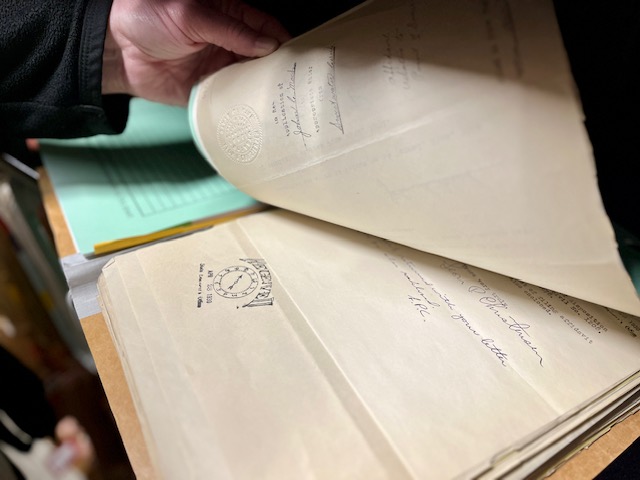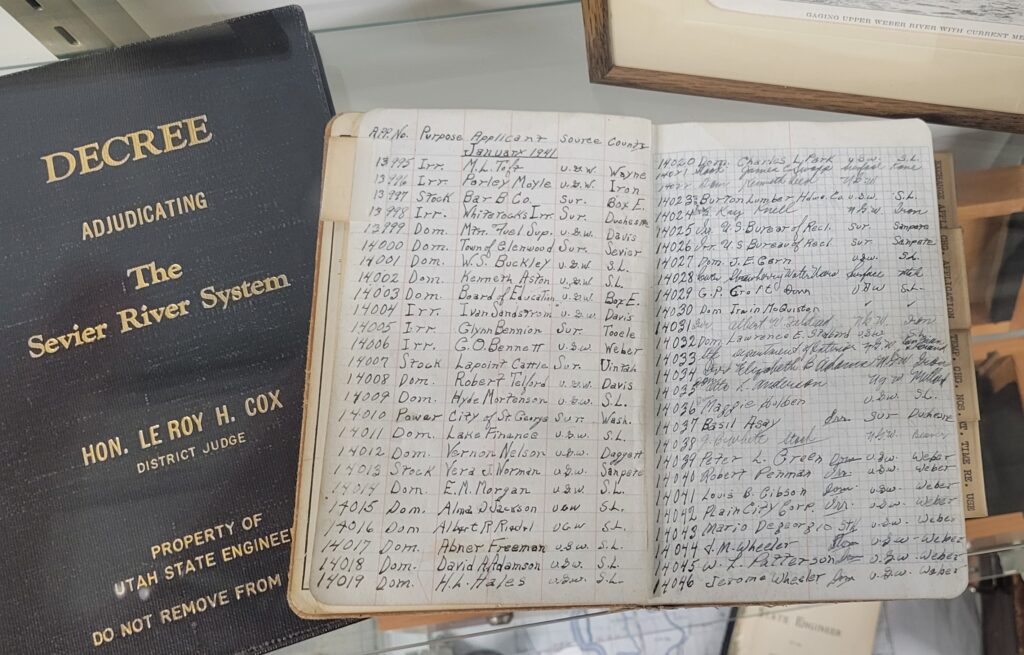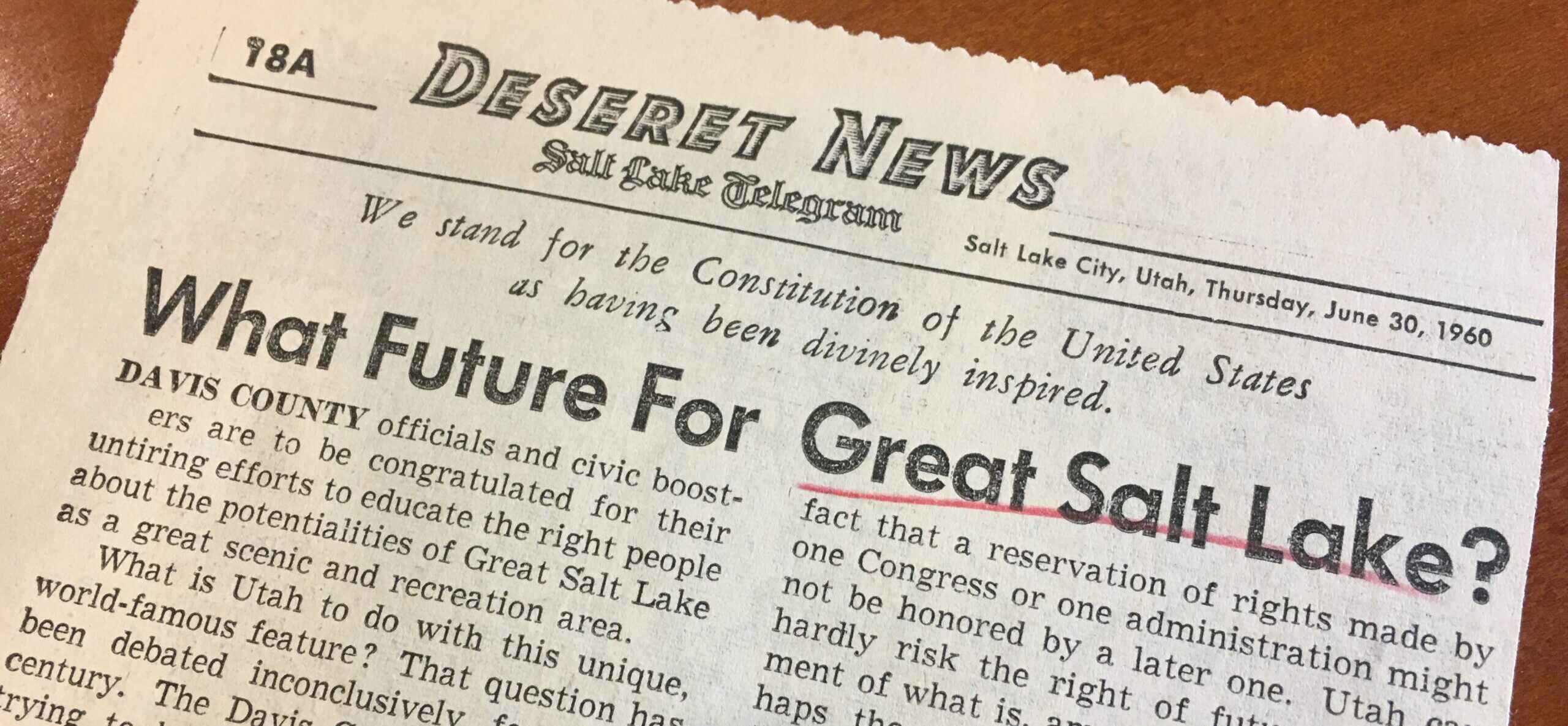
ARO Spotlight: Debbie Berry from the Division of Water Rights

Records are essential to establishing and managing water rights in Utah, and Debbie Berry has been a critical part of managing records at the Division of Water Rights for the past five years. She is a tenacious researcher when it comes to understanding her Division’s recordkeeping practices and is always on the lookout to resolve questions and establish clear recordkeeping procedures for her agency. We asked her a few questions about her excellent work and received these interesting and informative answers.
What is your favorite part of your job?
My favorite part of my job as the records officer for the Division of Water Rights is the opportunity to organize records and ensure they can be easily found when needed. I take pride in managing records properly, which helps instill confidence in our stakeholders that important information is accessible. I also enjoy collaborating with our regional offices and local staff, as it allows me to see the impact of our organized records on their work. Additionally, I find great satisfaction in knowing that the work I do today will help our organization remain efficient and effective in the future. It is also fascinating to see some of the documents that come through from as far back as the 1900s. It amazes me how even then, people were considering the future and how it would impact society today.
Tell us about records management projects you have worked on.

I have been involved in several record management projects during my 21-year tenure with the State of Utah, including over five years specifically with the Division of Water Rights. One notable project was being part of overseeing the digitization of our microfiche records, ensuring they are now accessible to our staff and the public on our website. Additionally, I have conducted assessments at our regional offices to determine their specific record management needs and offer guidance on best practices. This involved educating staff on how to handle documents that are no longer needed but may be required in the future. Furthermore, I helped identify and preserve historical items used by our engineers at the Water Right Division, even though these items are no longer in use, to maintain our historical records.
What have you found the most challenging about being a records officer?
One of the challenges I face as a records officer is the diverse range of records held by different sections within the Division. Each section manages different types of records, and with a large number of employees, both new and experienced, handling these documents, there can be inconsistencies in how records are managed. Additionally, as we have transitioned to digital accessibility, some sections still prefer to keep physical records in their offices rather than archiving them, which can pose a challenge in ensuring proper management and accessibility.

What advice do you have for new records officers?
My advice for new records officers would be to adhere to established archive protocols and actively remind staff about the importance of archiving records. It is also crucial to work closely with staff to ensure they understand that the records office is an essential part of their workflow and supporting them in both current and archived projects. Building this awareness can help integrate record management practices more effectively into the organization’s operations.
Recent Posts

New Finding Aids at the Archives: April 2024

ARO Spotlight: Debbie Berry from the Division of Water Rights

Utah History Day 2024: Archival Research Winners

From Pews to Pixels: Weber State’s Stewart Library Digitizes New Zion Baptist Church’s Legacy

New Finding Aids at the Archives: March 2024
Authors
Categories
- Digital Archives/
- Electronic Records/
- Finding Aids/
- General Retention Schedules/
- GRAMA/
- Guidelines/
- History/
- Legislative Updates/
- News and Events/
- Open Government/
- Records Access/
- Records Management/
- Records Officer Spotlights/
- Research/
- Research Guides/
- State Records Committee/
- Training/
- Uncategorized/
- Utah State Historical Records Advisory Board/